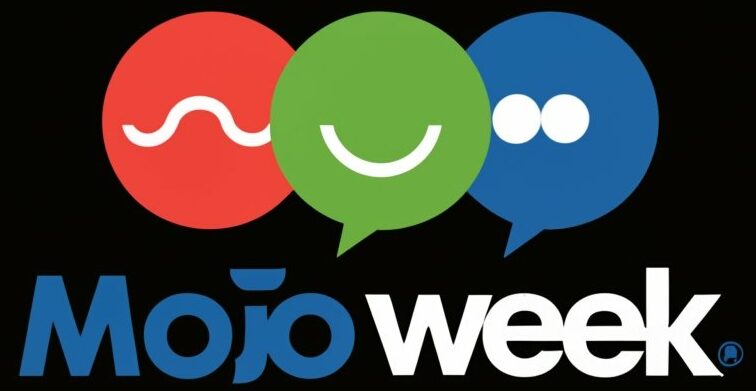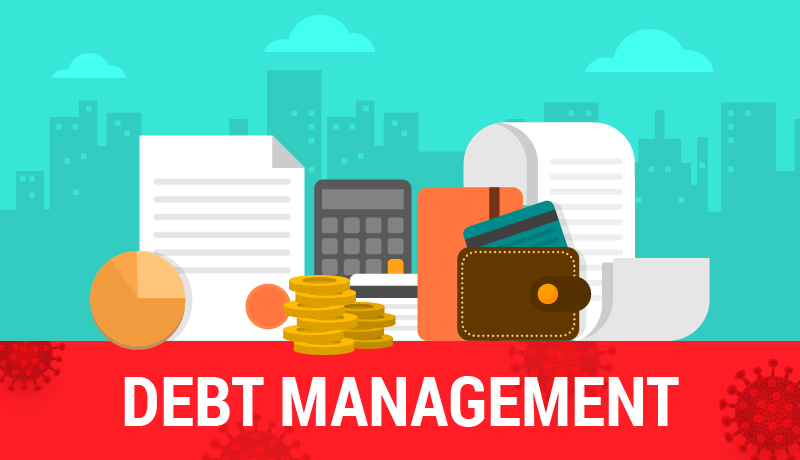Debt can be a major source of stress and anxiety, making it difficult to focus on other important aspects of life. If you are struggling with debt, you are not alone. Millions of people are dealing with debt, and there are many resources available to help you get back on track.
What is debt management?
Debt management is the process of creating a plan to pay off your debt and improve your overall financial situation. This can involve things like:
- Creating a budget
- Negotiating with creditors
- Consolidating your debt
- Refinancing your debt
- Filing for bankruptcy
There is no one-size-fits-all approach to debt management. The best plan for you will depend on your individual circumstances and goals.
Why is debt management important?
There are many reasons why debt management is important. Here are just a few:
- It can reduce stress and anxiety. Debt can weigh heavily on your mind and make it difficult to relax and enjoy life. By taking control of your debt, you can reduce stress and improve your overall well-being.
- It can save you money. The interest you pay on debt can add up quickly. By paying off your debt, you can save money in the long run.
- It can improve your credit score. Your credit score is a number that lenders use to assess your creditworthiness. A good credit score can help you qualify for lower interest rates on loans and credit cards.
- It can give you peace of mind. Knowing that you have a plan to pay off your debt can give you peace of mind and help you sleep at night.
How to get started with debt management
If you are struggling with debt, the first step is to get organized. Gather all of your bills and statements together and calculate how much you owe. Once you know how much you owe, you can start to create a plan to pay it off.
There are many different debt management plans available. Some common options include:
- The debt snowball method: This method involves paying off your smallest debts first, regardless of interest rate. This can help you get some quick wins and stay motivated.
- The debt avalanche method: This method involves paying off your debts with the highest interest rates first. This can help you save the most money on interest in the long run.
You can also consider getting professional help with debt management. There are many credit counseling agencies that offer free or low-cost services to help you create a debt management plan and negotiate with creditors.
Tips for success
Here are a few tips for success with debt management:
- Set realistic goals. Don’t try to pay off your debt overnight. Set small, achievable goals and celebrate your progress along the way.
- Make a budget and stick to it. A budget can help you track your income and expenses and make sure you are paying more than the minimum amount on your debt.
- Cut back on your spending. Find ways to cut back on your spending, such as eating out less often, canceling unused memberships, and shopping around for better deals on insurance and utilities.
- Increase your income. Find ways to increase your income, such as getting a second job, taking on freelance work, or starting your own business.
- Get support from others. Talk to your friends and family about your debt and ask for their support. There are also many online support groups for people who are struggling with debt.
Conclusion
Debt management is not easy, but it is possible. With hard work and dedication, you can get your finances under control and live a debt-free life.

